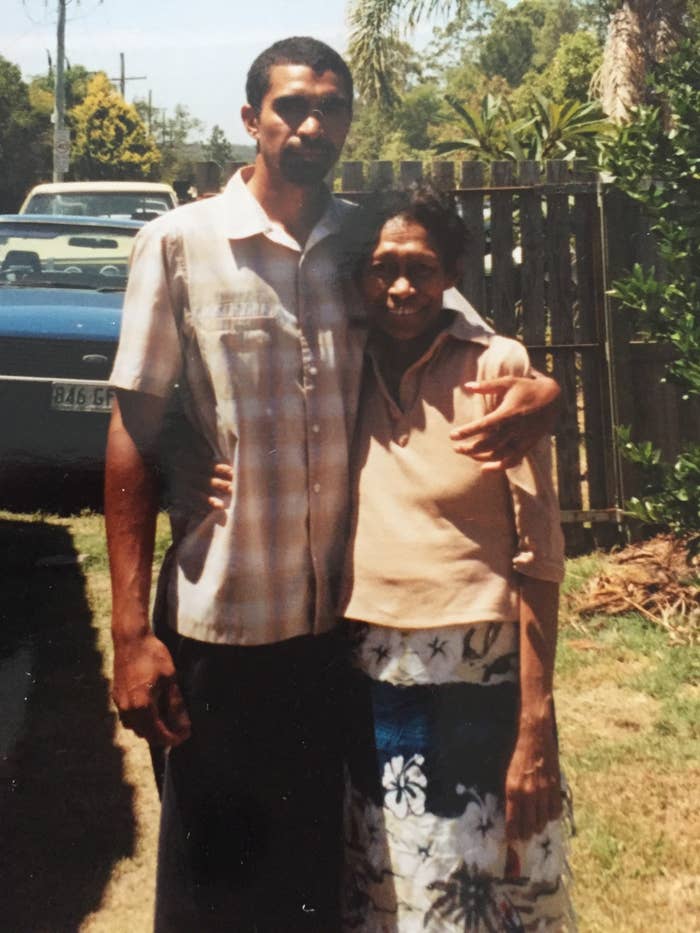
Two Aboriginal men who were held in immigration detention in Australia have won their landmark High Court case, with a slim majority deciding that their unique connection to the country means they cannot be deported from it.
The two men who brought the case — Brendan Thoms and Daniel Love — had argued that their Aboriginal identity meant they could not be considered "aliens" under the Constitution, and that they therefore could not be deported.
On Tuesday morning four out of the seven High Court justices found in their favour, ruling Aboriginal Australians could not fit the description of "alien" as it appears in the constitution.
"Aboriginal Australians have a special cultural, historical and spiritual connection with the territory of Australia, which is central to their traditional laws and customs and which is recognised by the common law," a summary of the majority decision read.
It went on to say that existence of that connection is "inconsistent" with holding that an Aboriginal Australian can be an alien under the constitution.
Thoms was released on Tuesday afternoon after 501 days in immigration detention.
But the court was unable to agree on whether Love is Aboriginal and the ruling cannot yet be applied to him. The issue will be considered at a future hearing.
Thoms has been in detention since September 2018, with the government planning to deport him to New Zealand. Love, who holds Papua New Guinean citizenship, was released after seven weeks in detention and sought compensation.
Both were born elsewhere, and never applied for citizenship despite being entitled to it, but have lived in Australia since they were children. Their permanent visas were cancelled after convictions for criminal offences.
Both identify, and are recognised, as Aboriginal: Love is a member of the Kamilaroi people, and Thoms is a member of the Gunggari people and also holds native title. Both are also fathers to Australian children.
The decision, one of the most significant in the court's recent history, is the court's most explicit recognition of the special position occupied by Indigenous people in Australia since it recognised the existence of native title in Mabo in 1992.
Claire Gibbs, a senior associate at Maurice Blackburn who represented Love and Thoms, told BuzzFeed News the two men felt "incredible relief" at the decision.
Despite the lingering uncertainty over Love's fate, Gibbs said she was "very confident" he would be able to prove he is Aboriginal and have the decision apply to him.
She said the decision is likely to affect a small number of other Aboriginal Australians currently in detention.
"This is relevant to Aboriginal people who are born overseas. We know it is a small but very vulnerable class of Australians," she said.
"Aboriginal people, regardless of where they are born, have permanent protection from deportation which is crucially important to the continuance of their culture."
The case was filed in September 2018 and first heard by the full court in May 2019, which meant Love and Thoms have waited an unusually long time for resolution of their case by the High Court. The court also took the unusual step of calling the parties back for further argument in December last year.
At least 16 other people have had visas cancelled or refused despite claiming to be Indigenous.
Lane Sainty contributed reporting.
